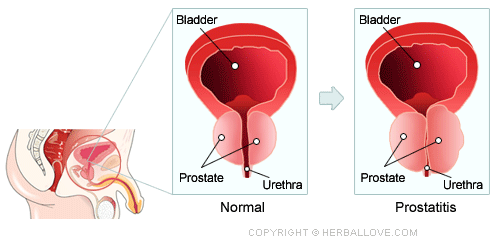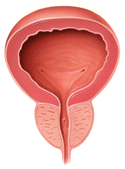Diagnosis:
- Serum PSA (Prostate Specific Antigen) – the only screening test you can do yearly to detect Prostate Cancer
- TRUS (Trans-rectal Ultrasonography) and biopsy can detect Prostate Cancer
ACKU Treatment Options for BEP
- Transurethral Resection of Prostate (TURP)
- Transurethral Enucleation of Prostate by Laser
In Bangladesh only ACKU provides Thulium Laser 120 Watt and we are doing TURP (Thulep) successfully.
Advantages :
- Minimum Bleeding,
- No side effects on sex.
- Minimum hospital stay.
Treatments for prostate cancer
The following treatments are separated into early stage and advanced stage prostate cancers.
Early stage prostate cancer
If the cancer is small and contained – localized – it is usually managed by one of the following treatments:
- Watchful waiting – not immediate treatment is carried out. PSA blood levels are regularly monitored.
- Radical prostatectomy – the prostate is surgically removed by Laparoscopic approach or open.
- Brachytherapy – radioactive seeds are implanted into the prostate.
- Conformal radiotherapy – the radiation beams are shaped so that the region where they overlap is as close to the same shape as the organ or region that requires treatment, thus minimizing healthy tissue exposure to radiation.
- Intensity modulated radiotherapy – beams with variable intensity are used. An advanced form of conformal radiotherapy usually delivered by a computer-controlled linear accelerator.
Treatment recommendations really depend on individual cases. In general, if there is a good prognosis and the cancer is in its early stages, all options can be considered. However, they all have their advantages and disadvantages. The patient should discuss available options thoroughly with his doctor.
More advanced prostate cancer
If the cancer is more aggressive, or advanced, the patient may require a combination of radiotherapy and hormone therapy. Radiotherapy requires treatment on an everyday basis for up to about eight weeks. Radical surgery is also an option – the prostate is removed. Traditional surgery requires a hospital stay of up to ten days, with a recovery time that can last up to three months. Robotic keyhole surgery has the advantage just a couple of days in hospital, followed by a much shorter recover period. However, even robotic keyhole surgery may not be ideal for very elderly patients.
In advanced prostate cancer hormone therapy is very effective in slowing down, and even stopping the growth of cancer cells. Even if the hormone therapy stops working after a while, there are still other options the patient will be able to discuss with his doctor, such as participating in clinical trials.


